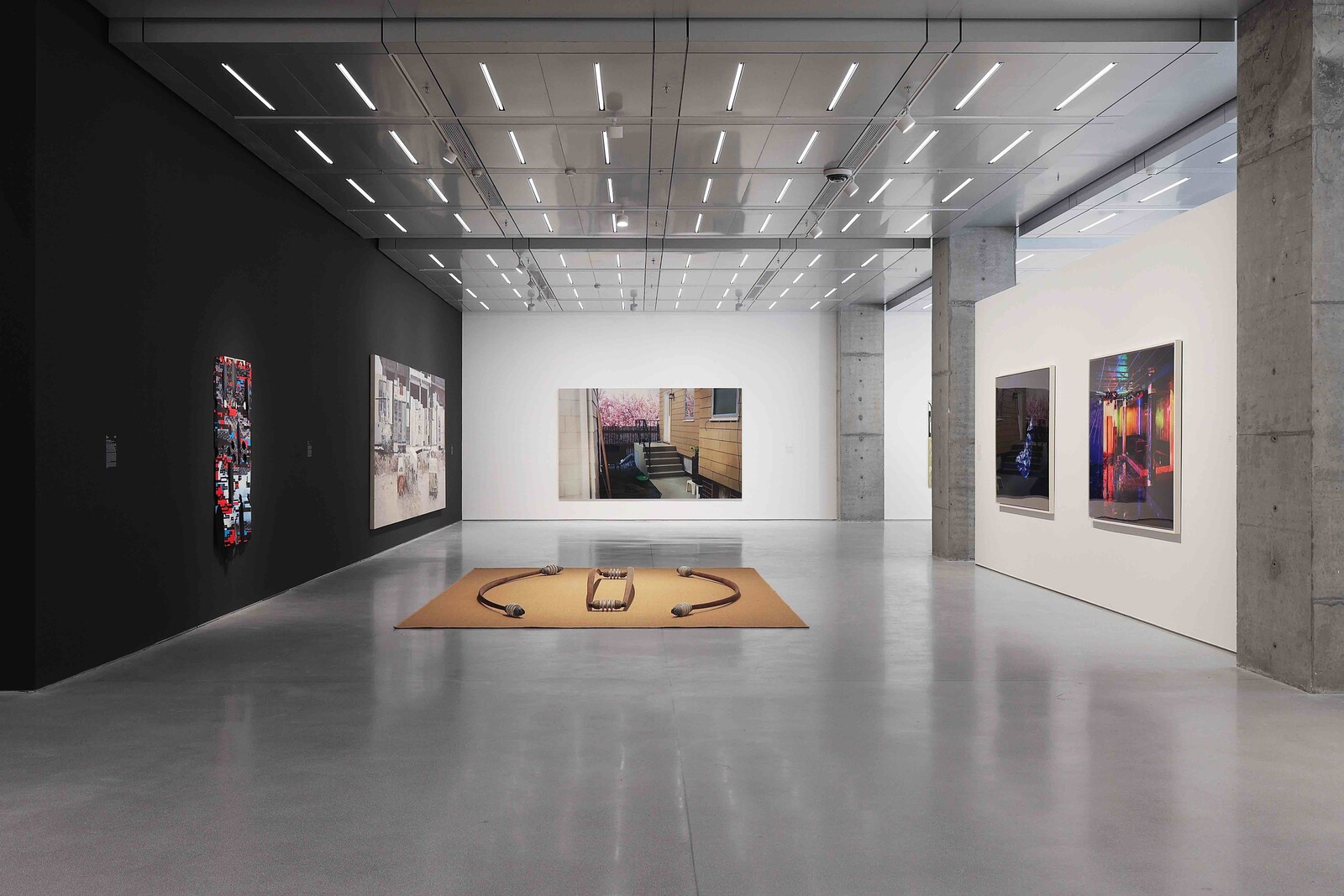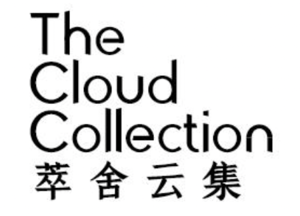The Cloud Collection Inaugural Exhibition
November 6, 2023–May 31, 2024
Curator: Zhu Zhu
Artists (in alphabetical order by last names): Kader Attia, Leila Alaoui, Mamma Andersson, Mathias Bitzer, Michaël Borremans, Miriam Cahn, Cai Dongdong, Cao Yu, Chen Ke, Chen Wei, David Claerbout, Isabelle Cornaro, Tacita Dean, Thomas Demand, Ding Yi, Rafael Domenech, Dong Jinling, Duan Jianwei, Elmgreen & Dragset, Gao Lei, Antony Gormley, Rebecca Horn, Roni Horn, Hu Qingyan, Hu Xiaoyuan, Jörg Immendorff, Takahiro Iwasaki, Jannis Kounellis, Leng Guangmin, Li Qing, Li Shurui, Liang Shaoji, Liang Quan, Lin Ke, Liu Guoqiang, Liu Ye, Luo Fan, Luo Quanmu, Ma Ke, Lu Song, Christian Marclay, David Nash, Nabuqi, Ni Youyu, Angel Otero, Giovanni Ozzola, Magnus Plessen, Qian Jiahua, Neo Rauch, Thomas Ruff, Wilhelm Sasnal, Shi Zhiying, Sun Daliang, Wolfgang Tillmans, Barthélémy Toguo, Wang Guangle, Wang Guofeng, Matthias Weischer, Xie Nanxing, Xie Qi, Yang Fudong, Haegue Yang, Yu Ji, Zang Kunkun, Zhang Enli, Zhang Peili, Zhang Ruyi, Zhang Xinjun, Zhang Xuerui, Zhu Tian
The Cloud Collection—Contemporary Art Center, founded in 2017, has so far collected artworks by more than 140 Chinese and international artists, covering different media such as painting, sculpture, installation, photography, and video. Featuring works drawn from their collection, the inaugural exhibition, A Theatre of Waiting, adopts the title of the triptych created by artist Xie Nanxing in 2019, as a metaphor to illustrate that The Cloud Collection, as a theatre-like space for art collections, will always be waiting for the arrival of outstanding artworks.
The thematic exhibition consists of four chapters that unfold throughout the galleries in The Cloud Collection Contemporary Art Center, including the first and 27th floors of the SNOWCOAST building.
“Co-existing Scenarios”: Artists from different countries and social backgrounds convey their relationships with specific historical memories and contemporary environments, thereby marking the shared space and time in which we exist. The topics here are broadly related to utopian public architecture and modern urban communities. Issues range from the reutilization of industrial products or materials to the silhouettes of the ruins of consumerism, to the dilemmas of racial identity and individual destiny.
“Ontological Variations”: Through a selection of works, this chapter showcases individual artists’ creative power from the inner dimensions of art, in terms of themes, language, and the use of media.
“Myriad Symphonies”: Throughout history, the body has always been a significant vehicle for artists to express their emotions and ideas, such as the connection between the body and traumatic memories, and the sense of alienation in the female body. Objects and places closely associated with bodily activities are also used to interpret various possible themes. In those vacant architectural or spatial settings, although the subjectivity of individuals may be replaced, what remains is the presence of human beings and their constant questioning. Self and reality, memory and dreams, space and time intersect here and mutually define each other.
“Metaphysical Interpretations”: The final chapter presents a collection of paintings that emphasize abstract expression, as well as several video works and installations, which respectively contain the artists’ thoughts on the logic of image generation, the virtual landscapes brought about by digital technology, the duality of tradition and future, and the meditation on reality and illusion.
A special exhibition is held in “The Cloud Salon,” a private residence in Nanjing’s Mendong historical neighborhood, also the origin of The Cloud Collection. Upon entering, we will be immediately welcomed by David Nash’s sculpture, resembling a hymn to light. In the study and living room, we will encounter paintings by Ding Yi, Liang Quan, Jörg Immendorff, and more. On the lower level of the villa, there is a small gallery, where the audience can enjoy more works by various artists.
Through this exhibition, we hope to open a window for the public to get to know The Cloud Collection, also creating a pathway for artistic collaboration and public engagement. In the future, The Cloud Collection will become a theater where more artists will come to perform, and gradually shape and expand its own collection. Near the end of the exhibition, we place Rebecca Horn’s installation, Der Traum des Chinesen (The Dream of the Chinese), to convey the dreams of the group of Chinese people who work here.











